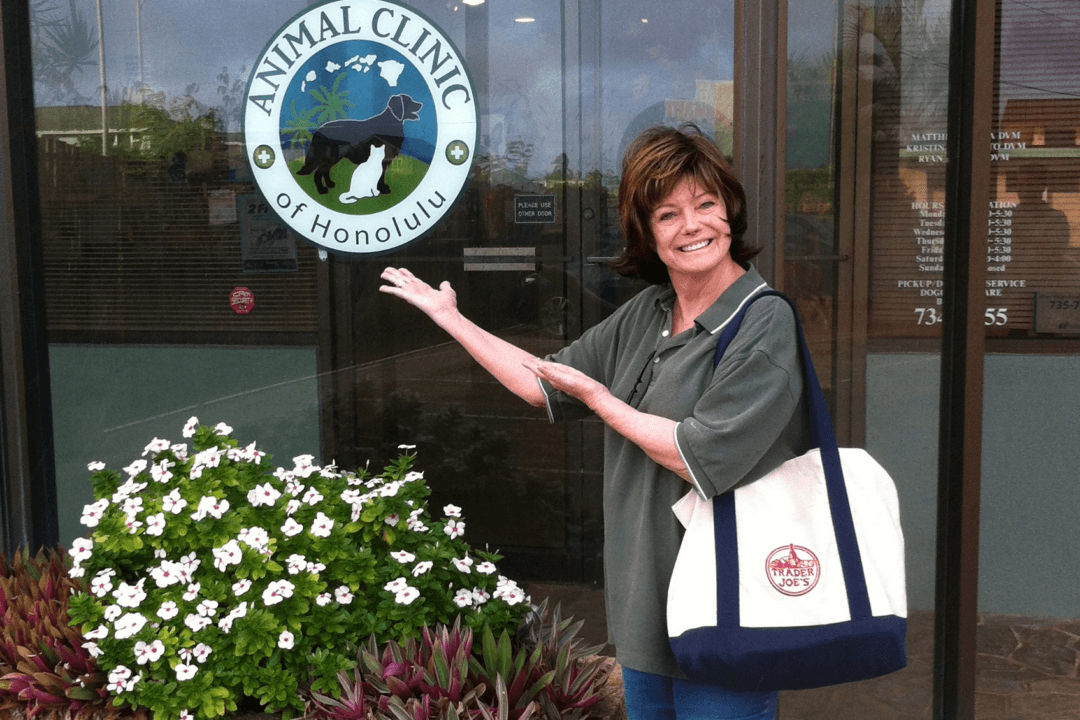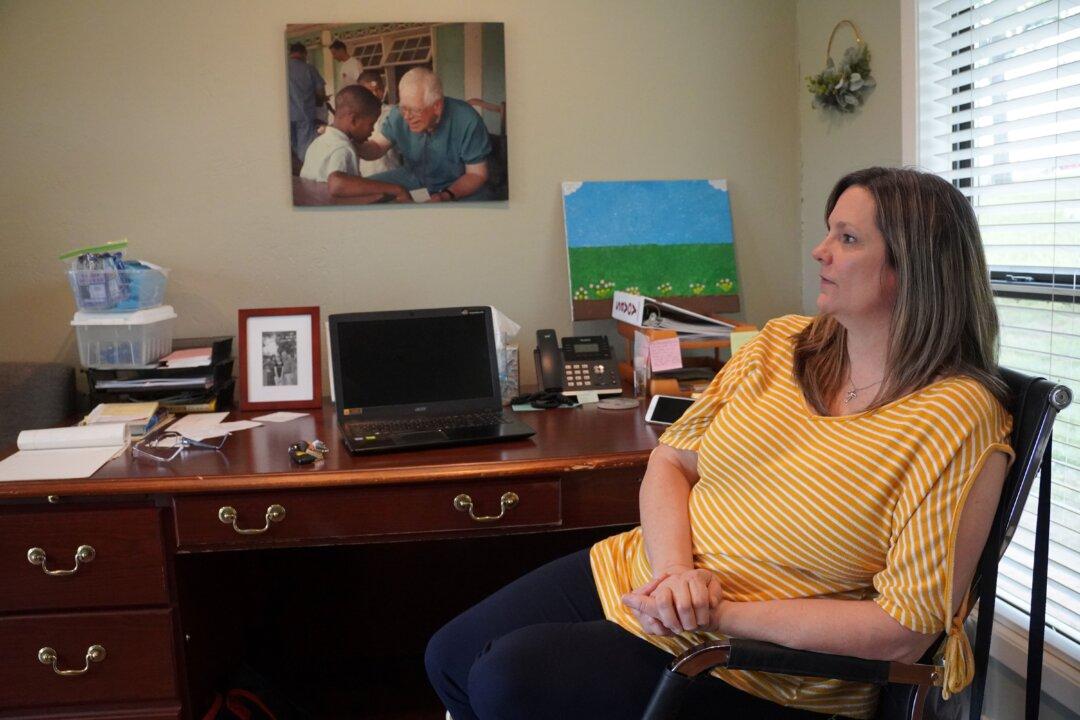One day in Hawaii, Christin Matsushige looked into the eyes of two abandoned newborn kittens and saw God’s creation—dependent, vulnerable and precious—resting in her hands. A friend had found the kitties and said, “Can you take care of these two? I already have several cats, and can’t.”
That moment in 1993 would change her life until she died in 2021. For nearly 30 years, her award-winning nonprofit, Hawaii Cat Foundation of Honolulu, rescued, sheltered, and loved thousands of adoptable cats, and still operates in 2022.






